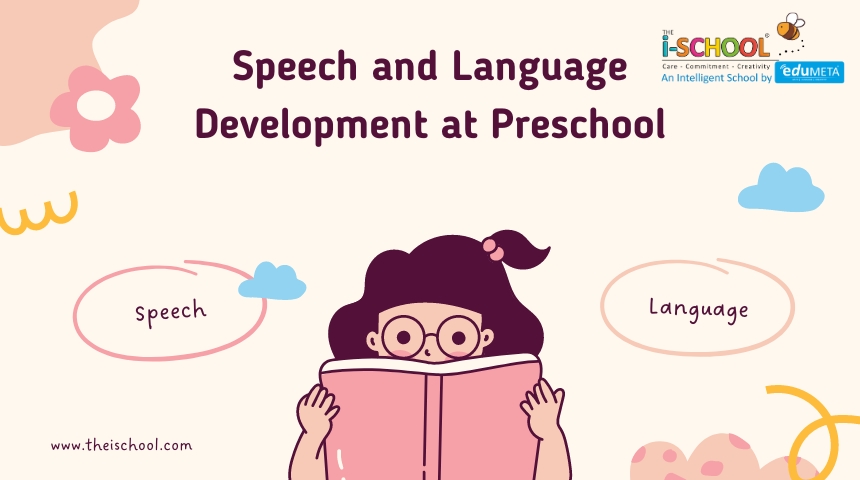Speech and Language Development at Preschool

Preschool is a critical time for your child’s speech and language development. Through interaction with peers and teachers, children learn new vocabulary, improve their communication skills, and refine their understanding of language. Speech and language development at preschool plays a vital role in preparing them for future learning and social success.
What to Expect at Preschool:
- Focus on Communication: Preschool curriculums typically include activities and games that encourage conversation, storytelling, and singing.
- Exposure to New Vocabulary: Teachers introduce new words and concepts related to various topics covered in the classroom.
- Development of Grammar Skills: Preschoolers learn how to properly form sentences and use different parts of speech.
- Interactive Learning: Circle time, group activities, and dramatic play provide opportunities for children to practice their communication skills.
How You Can Help at Home:
- Talk, Talk, Talk! Engage in frequent conversations with your child, asking open-ended questions and narrating your daily activities.
- Read Aloud Together: Make reading a regular part of your routine. Point out pictures, discuss the story, and encourage your child to participate by asking questions and making predictions.
- Sing Songs and Play Games: Nursery rhymes, songs, and games like “I Spy” or “Simon Says” are fun ways to build vocabulary and listening skills.
- Label Everything!: Label objects around the house to help your child associate words with things they see every day.
- Limit Screen Time: Excessive screen time can hinder language development. Encourage interactive play and conversation instead.
- Pay Attention to Your Child’s Cues: If your child seems frustrated or struggles to express themselves, offer support and help them find the right words.
Milestones to Keep in Mind:
- By age 3, most children can use simple sentences and understand basic instructions.
- By age 4, they should be able to tell stories and answer questions with more detail.
- By age 5, their speech should be clear and easily understood by most people.
If you have any concerns about your child’s speech and language development, don’t hesitate to talk to your pediatrician or their preschool teacher. Early intervention can make a significant difference.
